T lymphocytes are sufficient to protect from COVID-19 even in the absence of antibodies

Study conducted in experimental models by researchers at IRCCS Ospedale San Raffaele shows how T lymphocytes, induced by previous infection or vaccination, are able to protect us from new variants of SARS-CoV-2 even in the absence of antibodies. Research opens up new frontiers in the fight against the virus.
Vaccines have played a crucial role in reducing morbidity and mortality caused by SARS-CoV-2. However, the emergence of new variants of the virus capable of evading the antibody response raises questions about the long-term effectiveness of this strategy. Recent research, published in the prestigious journal Nature Immunology, opens new perspectives on understanding the immune response against the virus, highlighting the fundamental role of T lymphocytes as a long-lasting defense weapon present in our bodies, beyond the antibody-mediated response. To investigate this issue, the researchers employed several mouse models, including mice lacking antibodies but with intact lymphocyte function and an innovative model expressing a hybrid human/mouse ACE2 receptor.
The study was coordinated by Professor Matteo Iannacone, director of the Division of Immunology, Transplantation and Infectious Diseases at IRCCS Ospedale San Raffaele and Professor of General Pathology at UniSR, carried out in collaboration with Professors Luca Guidotti, deputy scientific director at IRCCS Ospedale San Raffaele and Professor of General Pathology at UniSR, Marco Bianchi, Professor of Molecular Biology at UniSR and head of the Chromatin Dynamics Unit, and Raffaele De Francesco, head of the Virology Laboratory at the National Institute of Molecular Genetics and Professor of Microbiology at the University of Milan.
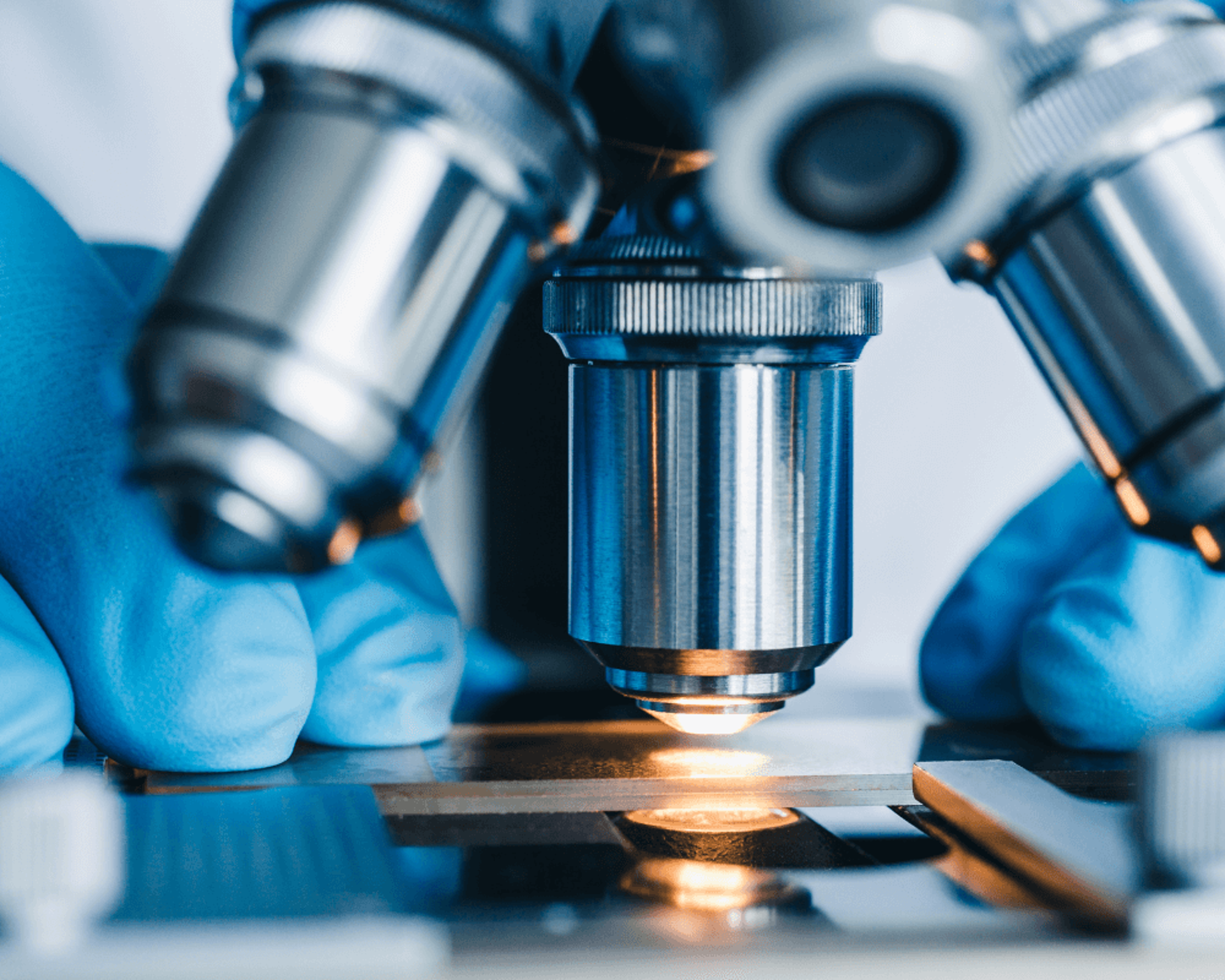
The role of T lymphocytes against SARS-CoV-2
When our immune system is hit by an infection, it implements several defense mechanisms, including the activation of B lymphocytes, which are responsible for producing antibodies, and the activation of T lymphocytes, which coordinate the entire immune system, defeating cells identified as "foreign" and therefore potentially harmful.
Our research revealed that T lymphocytes, due to their historical memory, are able to provide protection against SARS-CoV-2 even when antibodies are not present. This antibody-independent form of defense underlines the crucial significance of the T-lymphocyte-mediated cellular response in the fight against the virus,
says Professor Matteo Iannacone.
We have observed how a certain subset of T lymphocytes, called CD8+, are crucial in fighting severe infections, while so-called CD4+ T lymphocytes play a complementary role in milder infections, with a significant role played by interferon-gamma (IFN-γ),
adds Dr. Valeria Fumagalli, a researcher in Prof. Iannacone's laboratory, first author of the study, and recipient of a specific grant from the Fondazione Prossimo Mio in Milan.
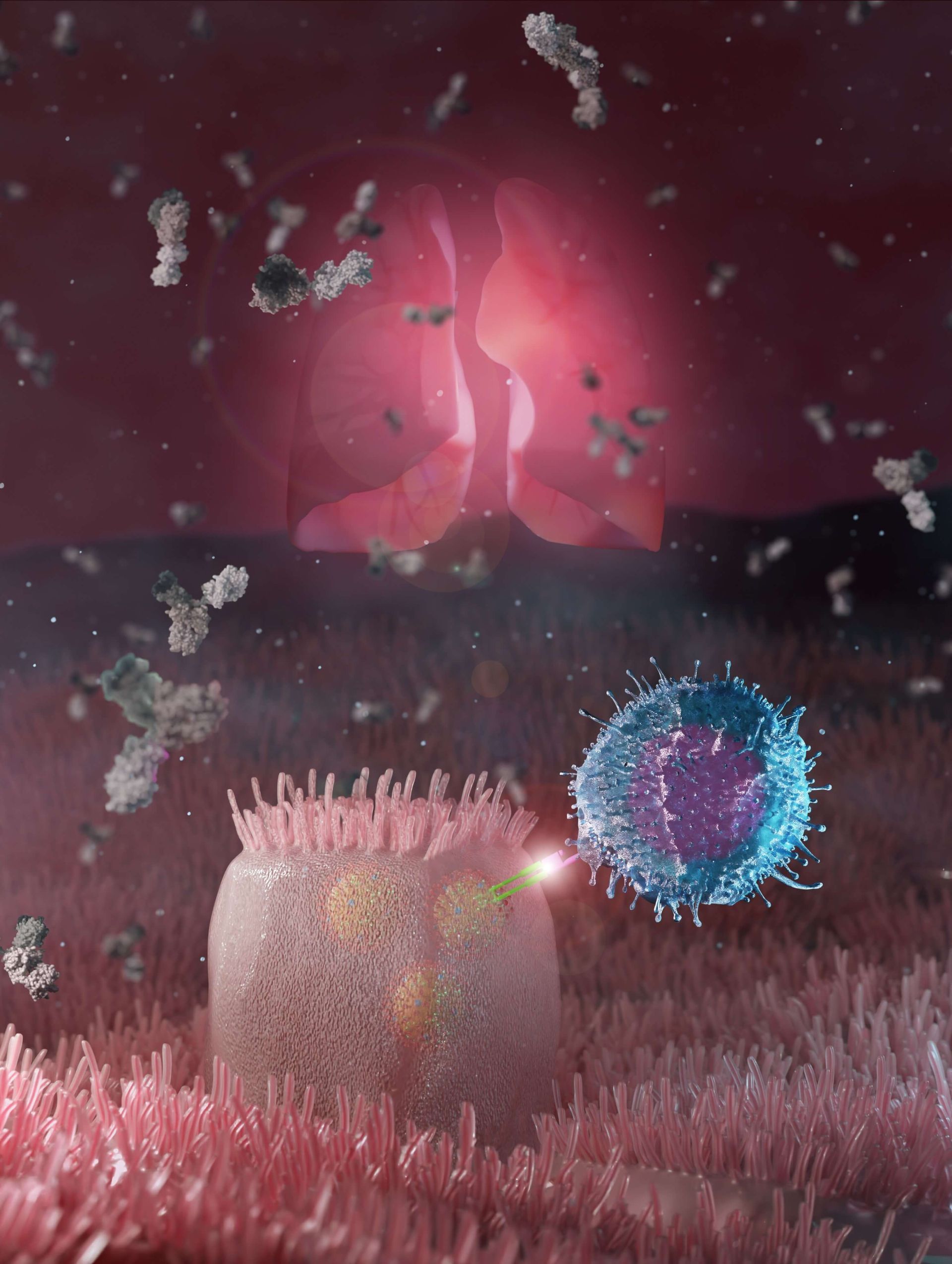
Beyond antibodies: a new understanding of immunity
Until now, the SARS-CoV-2 defense strategy has mainly emphasized the antibody response, assuming that the antibody-mediated response was the main, if not the only, mechanism of protection after vaccination or contact with the virus.
The results of our study change the traditional understanding of immunity and demonstrate the importance of including the T-lymphocyte-mediated immune response in monitoring responses to vaccination and in strategies for the development of new vaccines,
Professor Iannacone emphasizes.
The indication for vaccination remains the key building block for protecting the population from severe disease, and our research demonstrates the effectiveness of this approach also for protection against reinfection caused by viral variants.
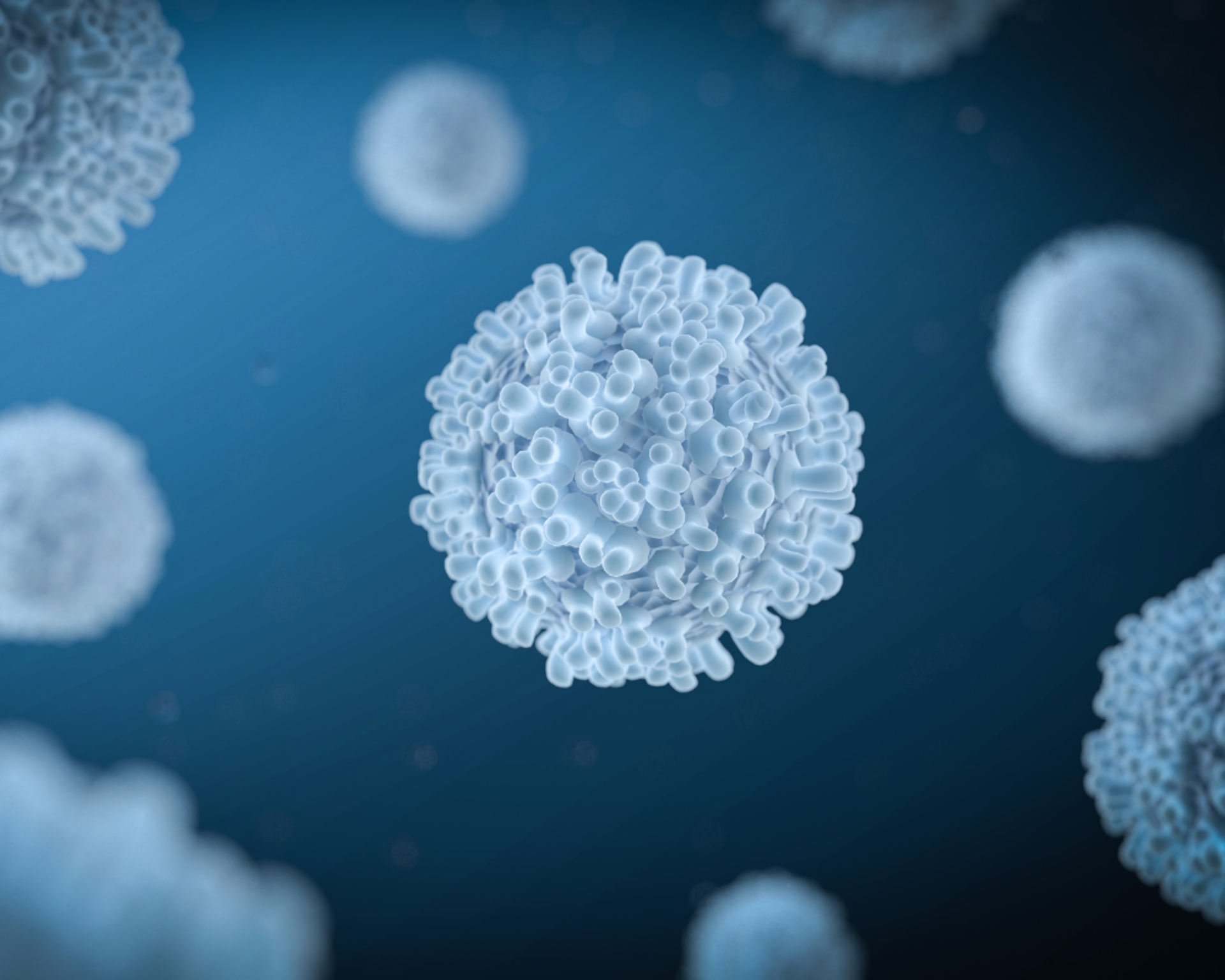
The study
This work highlights the importance of an approach to immunity against SARS-CoV-2 that considers both antibody and cellular responses. Our research paves the way for new vaccine and therapeutic strategies for effective and durable protection against the virus and its emerging variants,
adds Professor Iannacone.
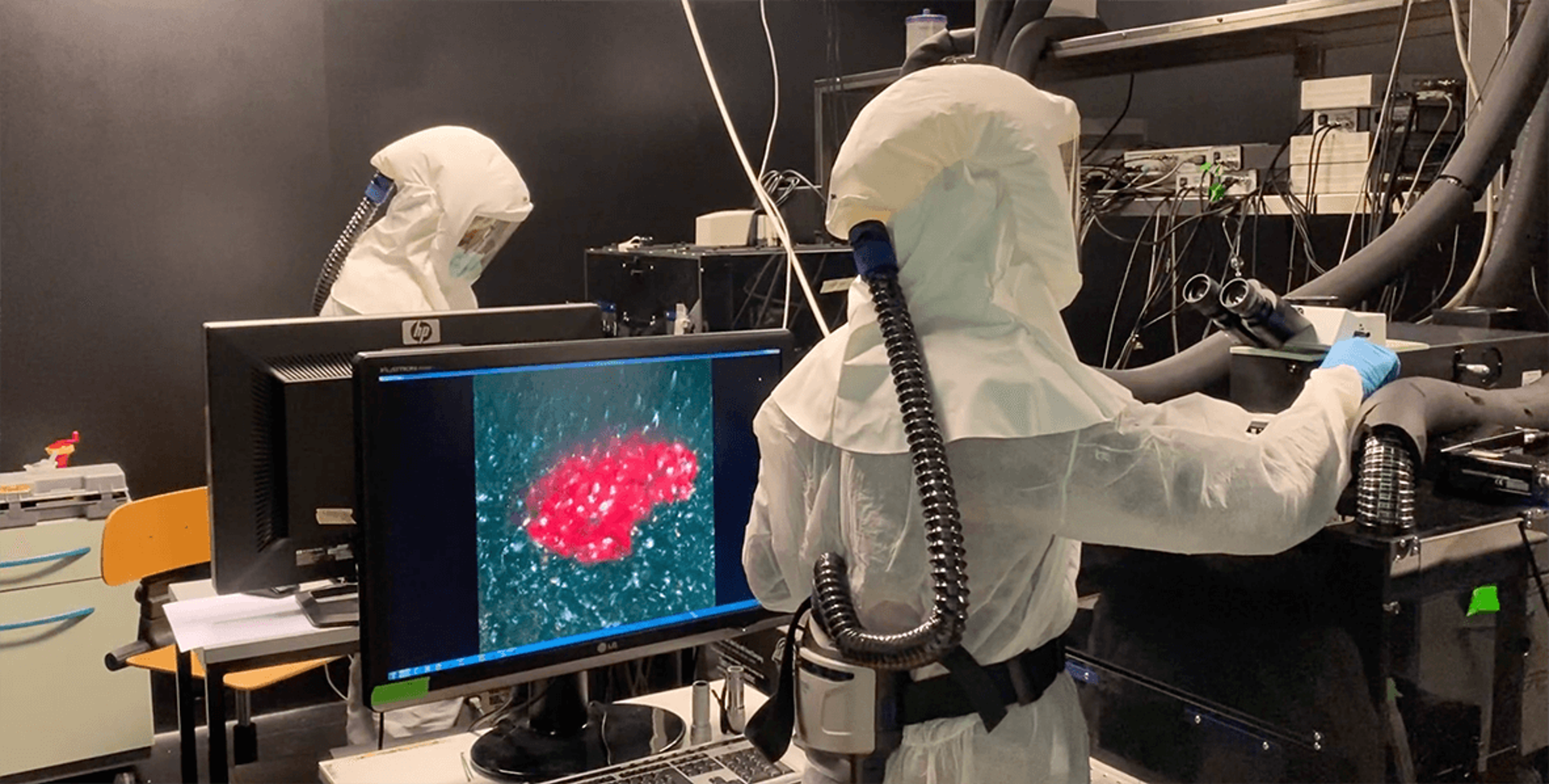
Innovative support and collaborations
The study was possible thanks to the continued support of SAME Foundation, a philanthropic entity of the Same Deutz Fahr Group, of Treviglio. SAME Foundation enabled the construction and set-up of BSL3 biosafety environments – unique in their kind in Italy - at the IRCCS Ospedale San Raffaele; thanks to the various advanced technologies dedicated to the study of highly dangerous respiratory viruses in mouse models, these environments have allowed and continue to allow the conduct of high-precision research on SARS-CoV-2,
highlights Professor Luca Guidotti.
Among the innovative research tools used in this project, thanks to donations, is an inhalation tower that allows for the exposure of murine models to viral particles, infecting them physiologically by exposure to aerosolized SARS-CoV-2 at pressure, temperature and humidity.
SAME Foundation's support is yet another example of how scientific research in Italy benefits enormously from high-impact philanthropic activities,
Professor Guidotti concludes.
You might be interested in
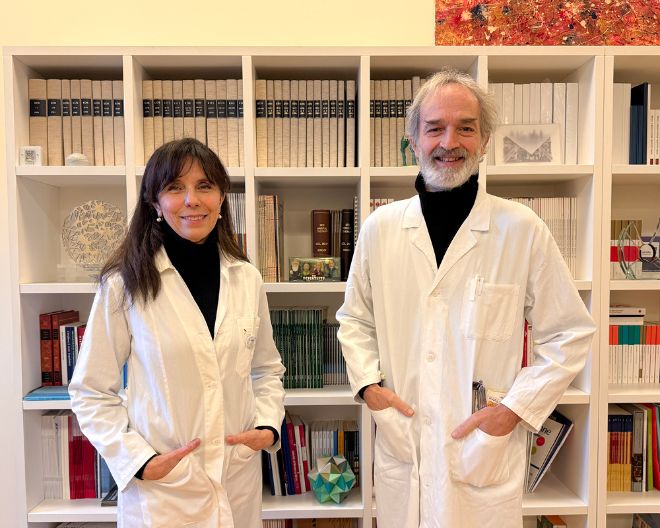
Multiple sclerosis, breakthrough in research: researchers have identified a molecule that promotes repair of the nervous system

The microbiome as an ally against myeloma

Intrecci: a UniSR project for more inclusive and accessible cancer diagnosis

